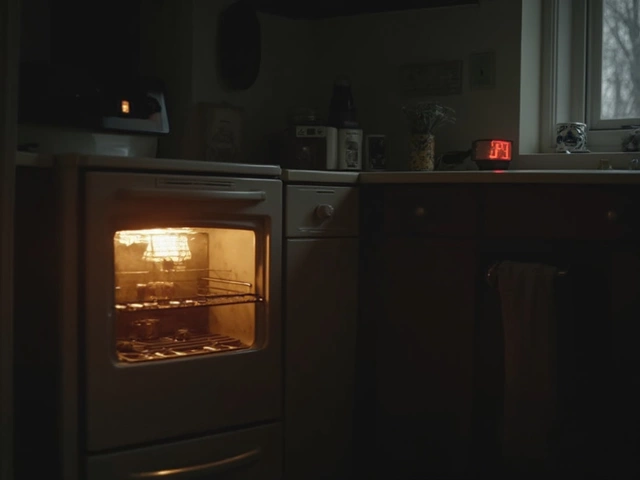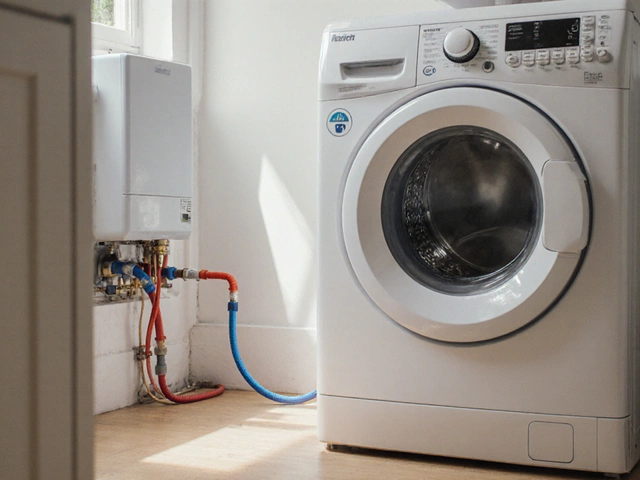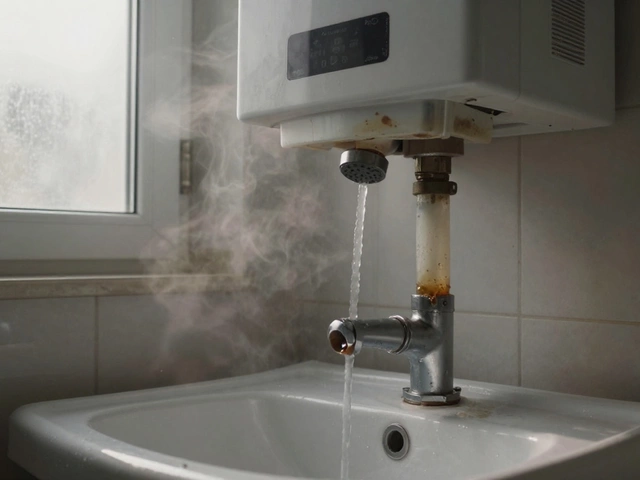Can Electric Ovens Be Fixed: Your Handy Guide
February 20 2025Oven Maintenance Tips: Simple Steps to Keep Your Oven Happy
Got an oven that’s been acting up? Most problems aren’t mysterious – they’re just the result of neglect. A few minutes each week can save you big money, nasty smells, and a trip to the repair shop. Below are the everyday habits that make a huge difference.
Everyday Cleaning Routine
First off, wipe up spills right after the oven cools. Food that sits on the bottom rack will burn, smoke, and eventually ruin the heating element. A soft cloth with mild dish soap does the trick; no harsh chemicals that could damage the enamel.
The oven door gasket (the rubber seal around the door) is another hotspot. Run a damp sponge over it once a month to remove grease and crumbs. A cracked or sticky gasket lets heat escape, which means longer cooking times and higher energy bills.
If you have a self‑cleaning oven, follow the manufacturer’s instructions and run the cycle only when the interior is fairly clean. Too much grime can cause the cycle to overheat and damage the door glass.
Seasonal Checks & When to Call a Pro
Every six months, give the heating elements a visual inspection. Look for any discoloration, bulging, or broken spots. A quick test – set the oven to a high temperature and watch the element glow. If it’s flickering or not glowing at all, it probably needs replacing.
Gas‑fired ovens require a leak check. Turn the knob to “off,” then light a match near the gas connection. If you smell gas, close the valve and call a qualified engineer immediately. Safety comes first.
Electric ovens benefit from a simple voltage check. Plug a multimeter into the outlet and confirm you’re getting a steady 230 V (or 120 V in the US). Fluctuating voltage can wear out the internal electronics faster.
Don’t forget the vent and exhaust fan. Grease buildup here reduces airflow and can trigger the oven’s safety shut‑off. Remove the fan cover, clean the blades with warm soapy water, and dry thoroughly before re‑installing.
Even with a solid DIY routine, a professional service once a year is worth it. A certified gas engineer can calibrate the thermostat, test the safety valves, and tighten any loose wiring. The cost is small compared to a full‑scale repair later.
Finally, keep the user manual handy. It’s the quickest way to find the right part number for a heating element or gasket, and many manufacturers list troubleshooting steps that can save you a call.
Bottom line: a clean, inspected oven runs hotter, uses less energy, and lasts longer. Spend a few minutes each week, do a deeper check twice a year, and call a pro when you spot a serious fault. Your oven (and your wallet) will thank you.
 16 Apr
16 Apr
How Long Should an Electric Oven Last?
Figuring out how long your electric oven should last can be puzzling, but there are some key factors that help. Most electric ovens have a lifespan of about 13 to 15 years if they're looked after properly. Maintenance, usage habits, and brand quality play significant roles. Understanding these factors can help extend your oven's life and even optimize its performance over the years.
Read More...



